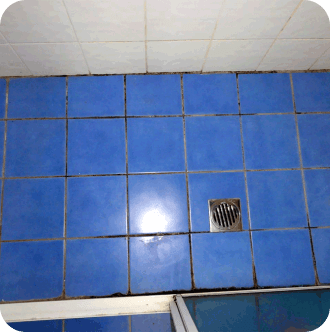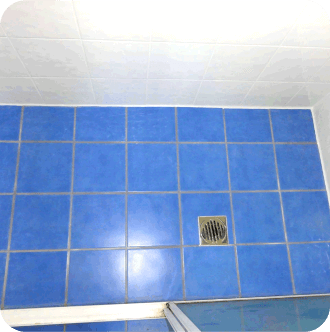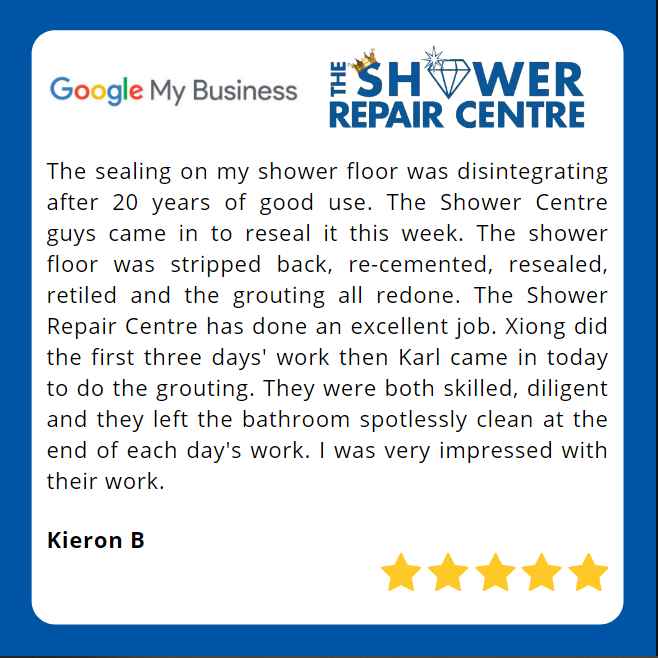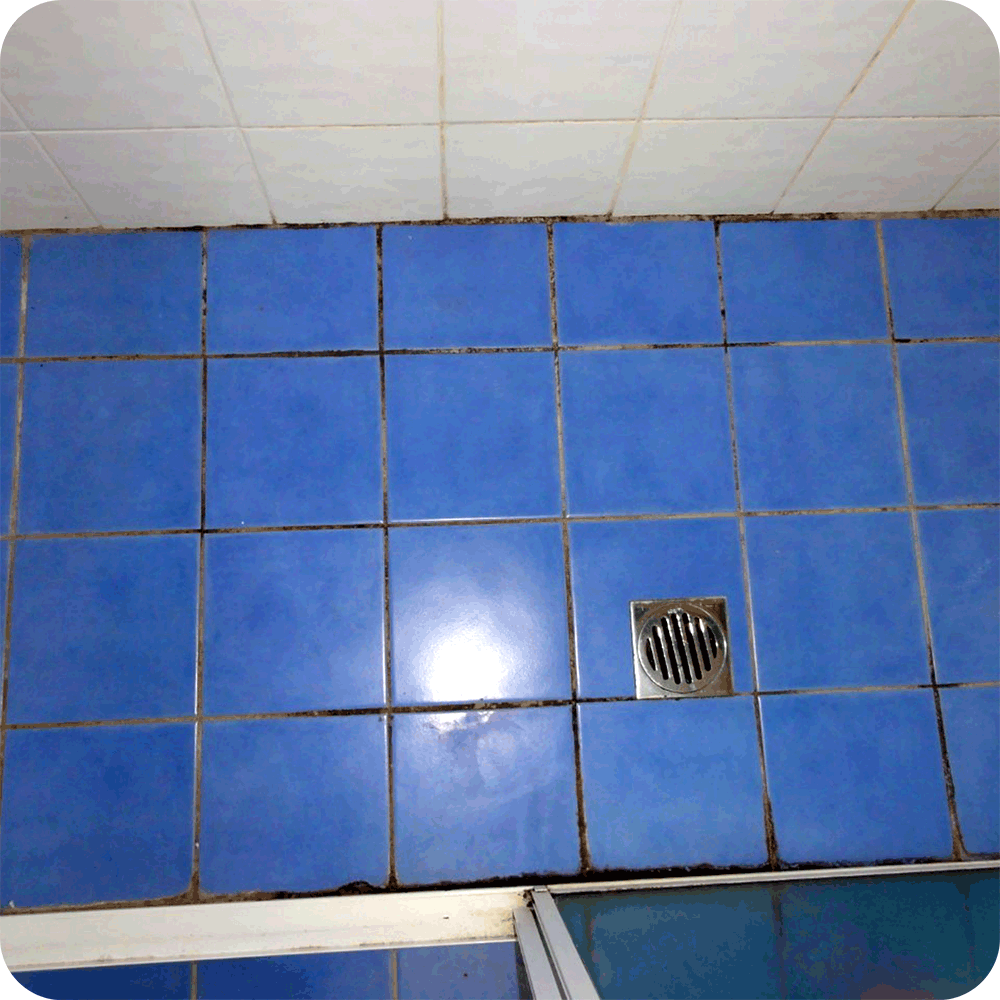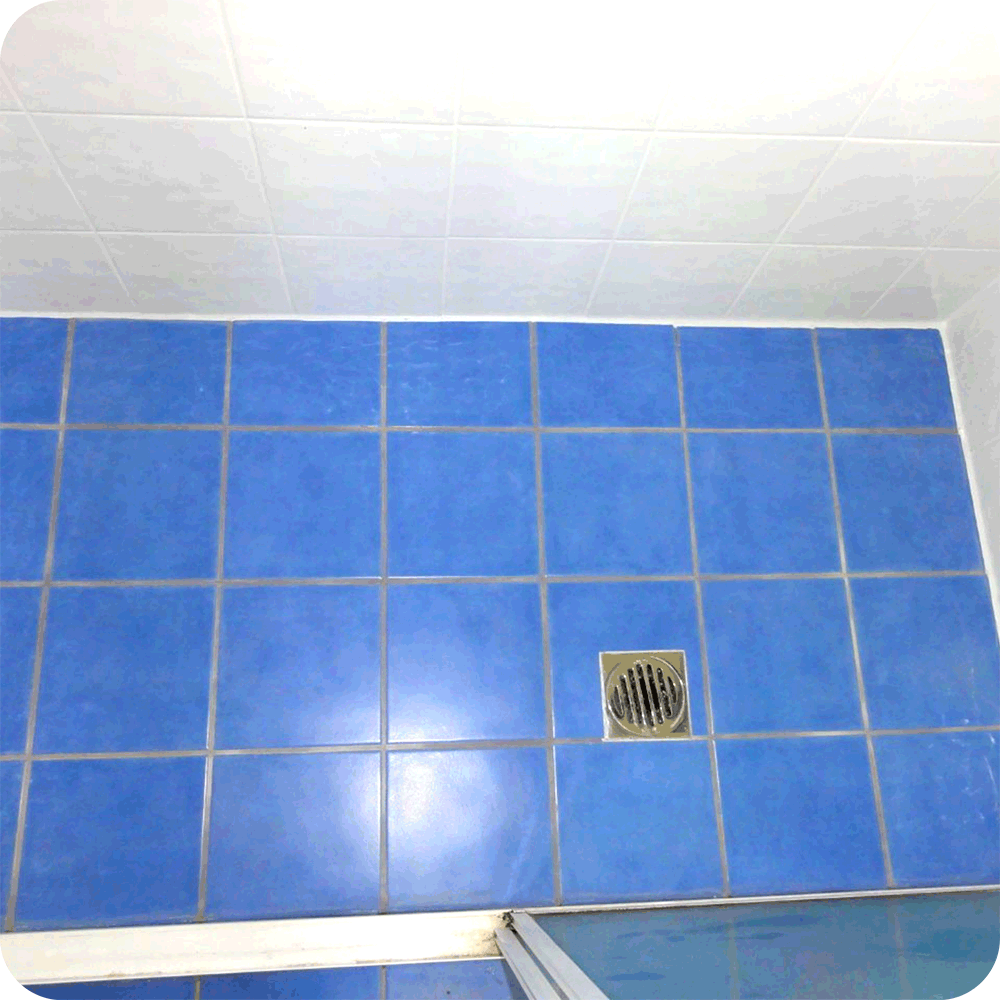Did you know that according to the Australian Bureau of Statistics, an astonishing $11.82 billion worth of repair approvals was given across our country over the 12 months to October 2021?
In fact, repair approvals in NSW that same month totalled $335,684 million and according to experts, this is set to continue throughout 2022 as property prices continue to climb and homeowners decide to use some of their extra equity to finance improvements.
According to repairs expert Werine Erasmus of The Happy Renovator, the bathroom is still one of the top amongst renovators’ lists.
There are many ways you can renovate your bathroom but if you’re looking for a quick and budget-friendly fix, regrouting is the key.
The type of grout matters and you should know that Epoxy grout is the most superior of all. Here’s why.
Epoxy Grout vs. Traditional Grouts
Did you know that cement-based grout products are thinner than mortar and building cement?
There are almost undetectable openings throughout the cement-based grout mixture which will remain even after it dries. This will allow dirt and other outside elements like mould and mildew to find their way into the grout where it becomes embedded and thus causes staining. The cement helps the stain adhere to the grout lines, which means they can begin discolouring once exposed to any staining materials. What’s worse is that cement-based products are not waterproof.
There are various ways in which installation can cause cement-based grout to crack:
- If mixed with too much water concentration or additives
- If too little adhesive is used in tiles installation
- Cement-based grout can only handle the pressure for so long if a tile pulls away from the wall after the adhesive dries
Epoxy Grout is king
Unlike traditional grouts, Epoxy grout is made of two-part epoxy resins which are mixed with filler powder.
What does that mean?
Its composition makes it:
- Waterproof
- Nearly 100% resistant to stains
- Highly resistant to chemicals and physical pressure
- Doesn’t need sealing
- Low maintenance
These characteristics make Epoxy grout the best way to do tilework in bathrooms. Its stain, crack and chemical-resistant properties make it suitable for areas with high traffic whilst its resistance to climate changes make it ideal for locations with harsh weather conditions, excessive amounts of humidity or severe cold. What’s even more interesting is that Epoxy grout’s colour remains constant throughout. The pigment of traditional grout can diminish easily during cleaning.
Amaaazing, right?
No wonder it has grown to become so popular amongst homeowners and builders.
Whilst Epoxy grout costs are higher than cement-based grout, its benefits far outstrip the costs.
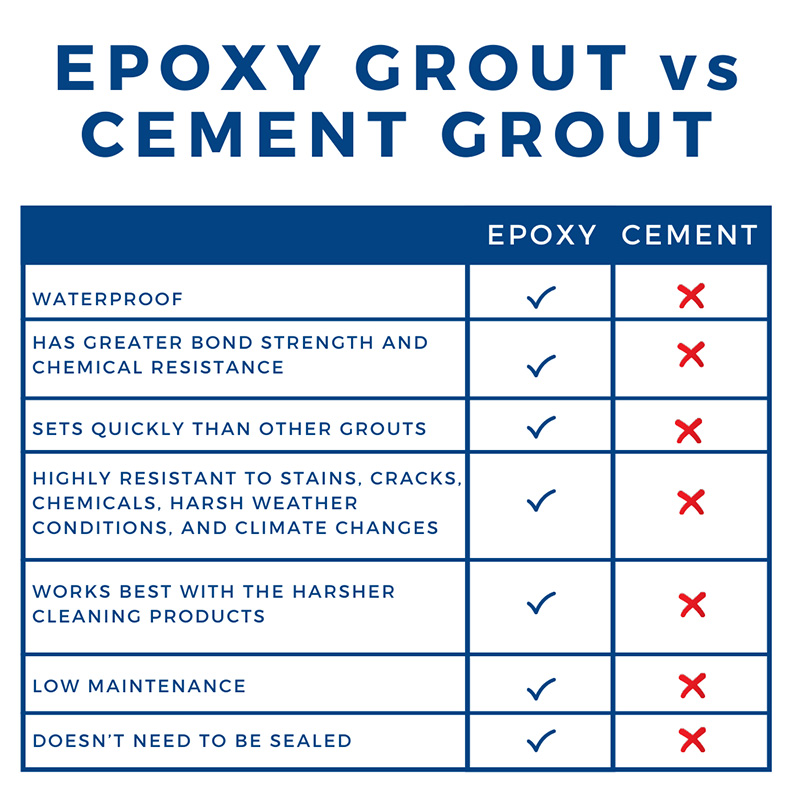
Why do you need to re-grout?
Fact: Grouting is the weakest link in a tile installation.
Grout crack mainly happens due to movement between two surfaces with homes inevitably moving in tiny increments because of humidity, foundation settling, and temperature.
Even old or damaged grout can make the most beautiful looking tiles ugly and not to mention, it can cause structural damage to your home.
Please note: Regrouting needs to be done at the first sign of grout damage. The longer showers are left with failing grout, the higher the chance that water damage is occurring to the wall behind your tile. The area of damage does not have to incur direct water spray during baths or showers to allow water seepage. Water that sits on the surface of tiles from shower spray or heavy steam will inevitably run behind the broken areas of your grout.
Looking to renovate your shower?
You should know that you need to call in a professional to do the regrouting for you. Even if you possess excellent handyman skills, small mistakes can lead to expensive, extensive damage to your grout and tiles. For example, if the grout is not installed correctly, moisture can seep into small holes, causing mould and mildew growth.
If you have a project you’d like to discuss, just contact our team directly via our website or call 1300 888 806.






